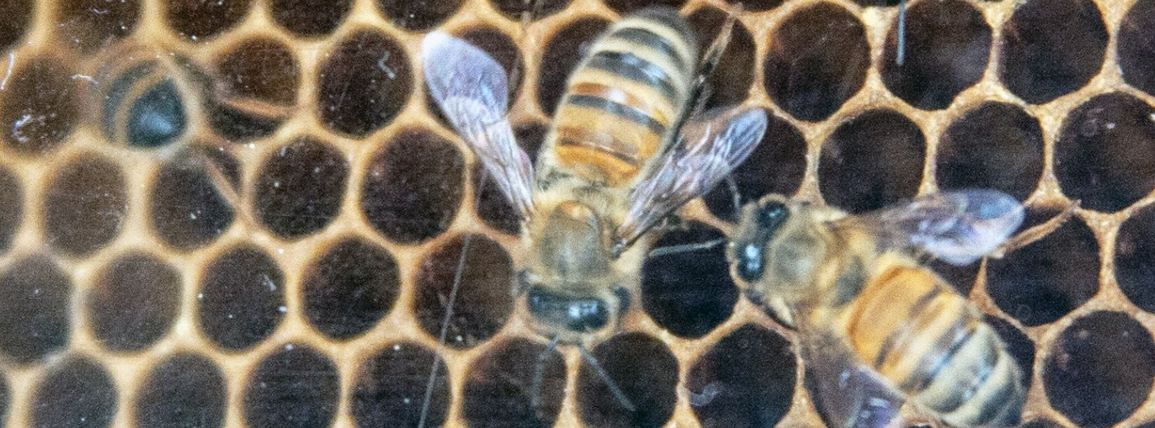
Now We Know Why Bee Colonies Are Dying Near Corn Fields
Beekeepers have long said that pesticides are killing off bee colonies in record numbers. Now, for the first time, a landmark law passed by Minnesota in 2014 will actually compensate two beekeepers for damage caused by neonicotinoids, one of the most widely used class of insecticides in the world. The State of Minnesota’s Department of Agriculture found that toxic dust, drifting over from neighboring corn fields, found its way into the bee colonies and resulted in the deaths of a multitude of bees.
March 27, 2016 | Source: Munchies | by Alex Swerdloff
Beekeepers have long said that pesticides are killing off bee colonies in record numbers. Now, for the first time, a landmark law passed by Minnesota in 2014 will actually compensate two beekeepers for damage caused by neonicotinoids, one of the most widely used class of insecticides in the world. The State of Minnesota’s Department of Agriculture found that toxic dust, drifting over from neighboring corn fields, found its way into the bee colonies and resulted in the deaths of a multitude of bees.
Minnesota’s unusual law allows for compensation by the state to beekeepers whose bees suffer “acute pesticide poisoning.” The law requires a “bee kill investigation” in which a team of investigators gathers samples of the dead bees, which are then tested for the presence of pesticides. A written evaluation follows. If the colony is indeed found to have been poisoned, the state is required to compensate the beekeeper at fair market value for the affected colony.
Until now, it hasn’t been easy proving that pesticides kill bees; this is the first successful award to beekeepers under the 2014 law. John Peckham, program supervisor at the state agriculture department, told the Star Tribune, “These are the most complex cases we ever deal with.”
State Senator Rick Hanson who sponsored the law said, “This is the first action of any state, a finding of fact, that neonicotinoids are harmful to bees. Once you have a state compensating people for a loss, it’s real.”
The specific insecticide that was implicated in the Minnesota cases is clothianidin; it is used as a coating on corn and soybean seeds throughout the US. The insecticide protects seedlings from insects in the soil by growing within the plant and making the entire plant poisonous to pests. We reached out to Bayer CropScience, which makes the insecticide, for comment, but they didn’t get back to us before publication.
